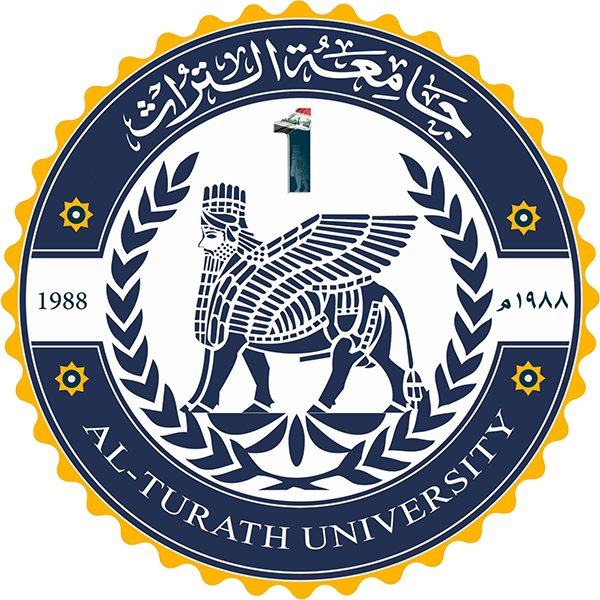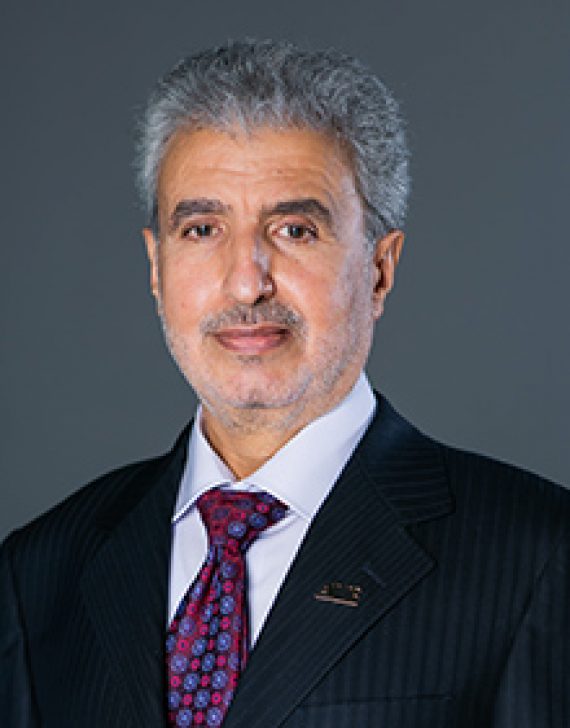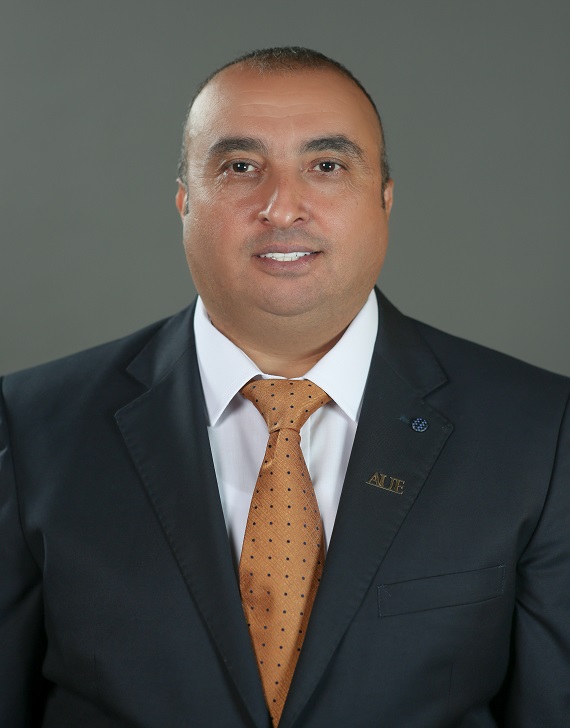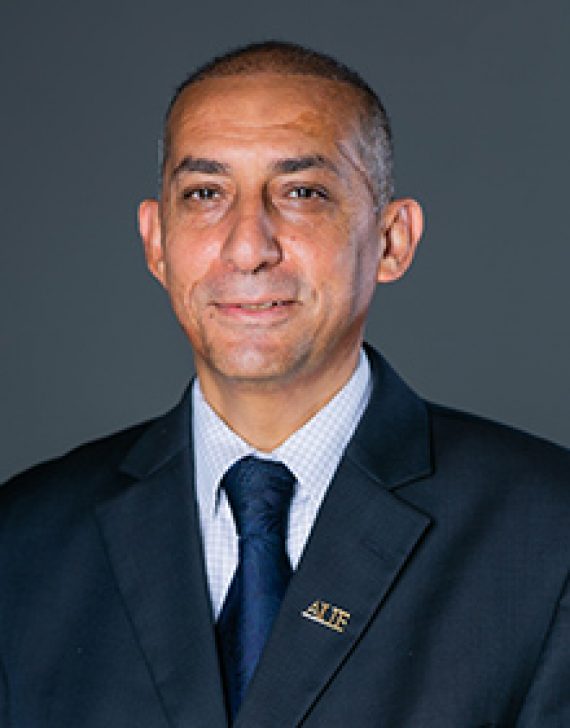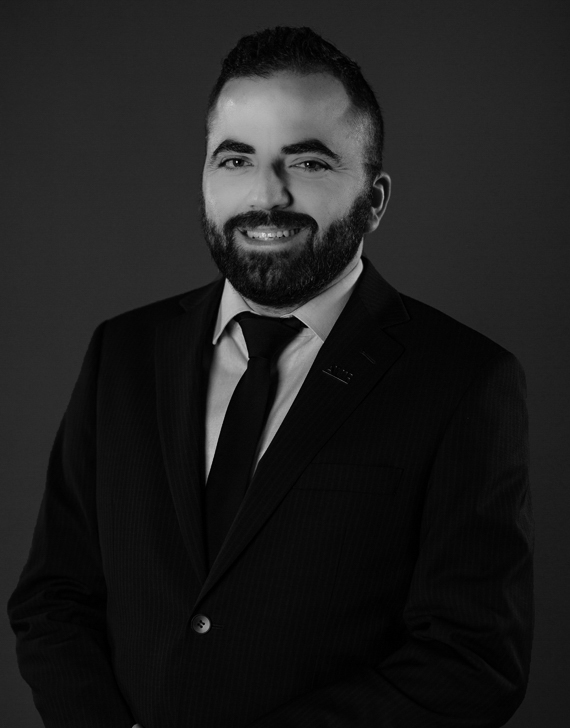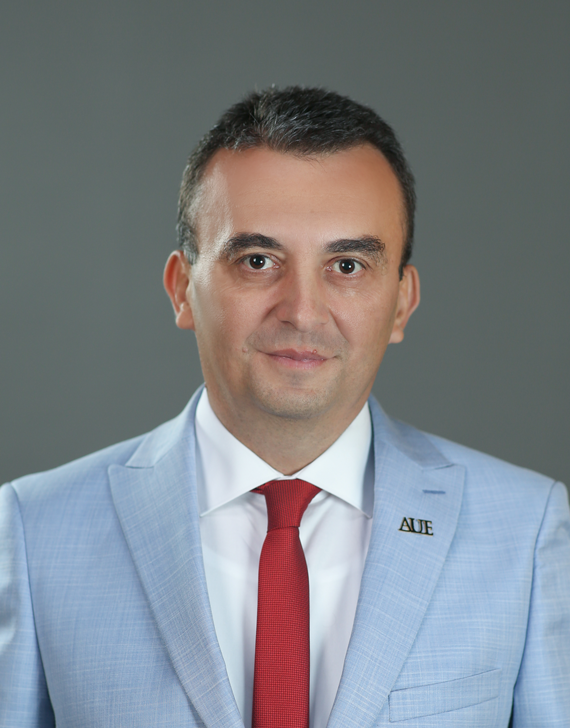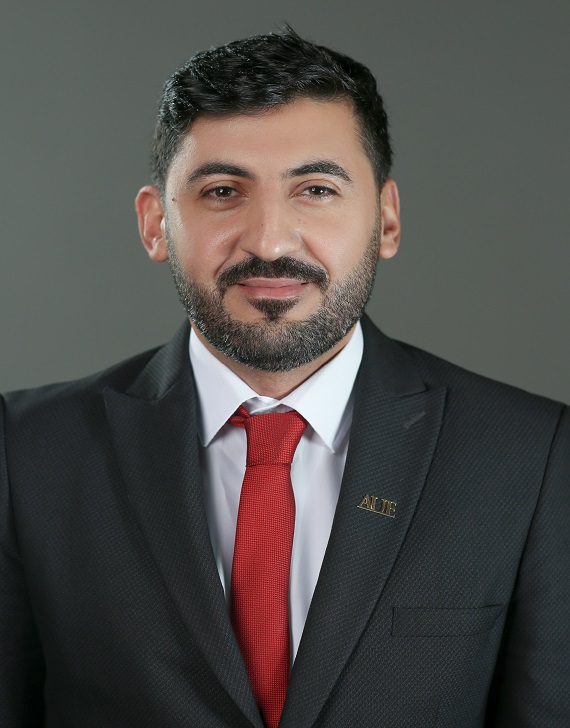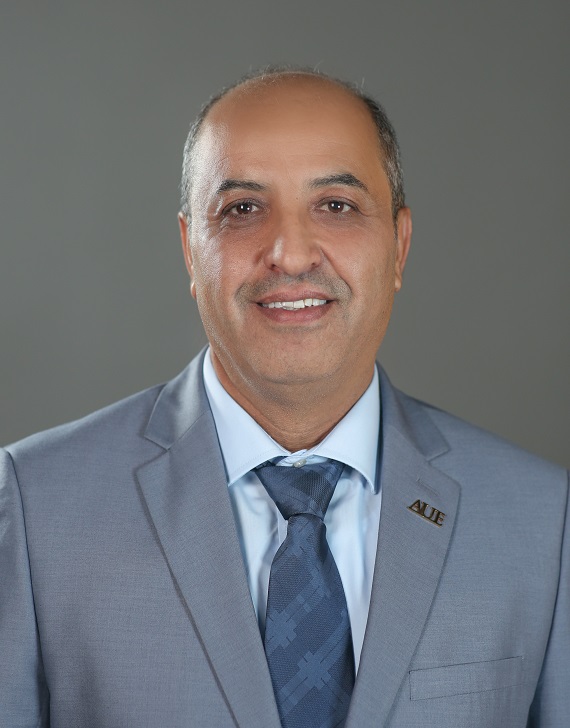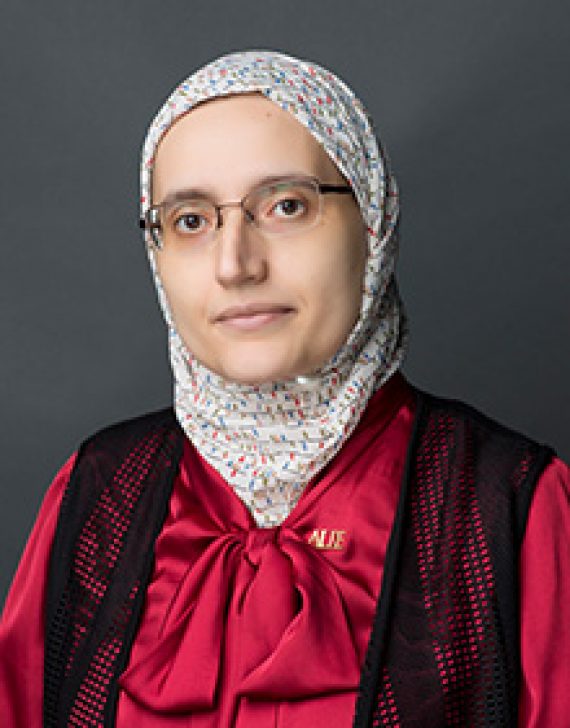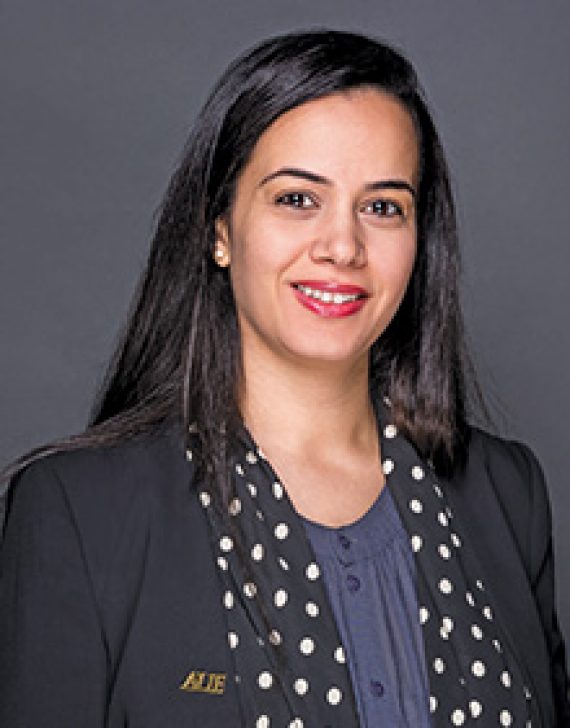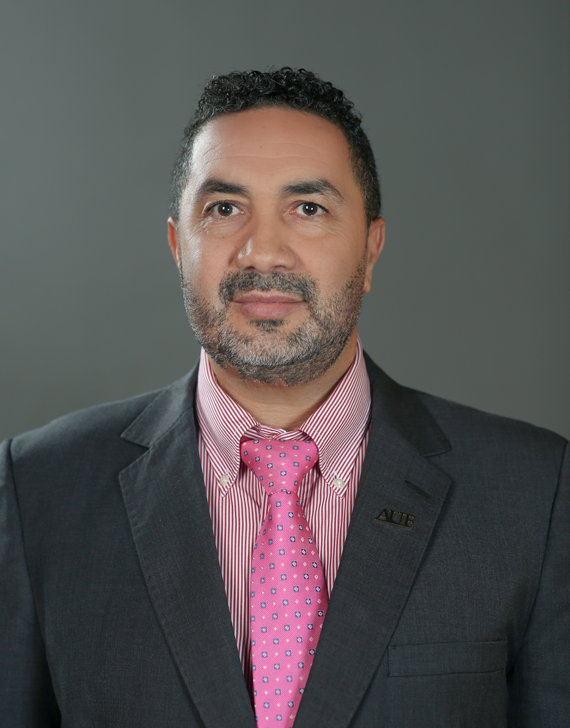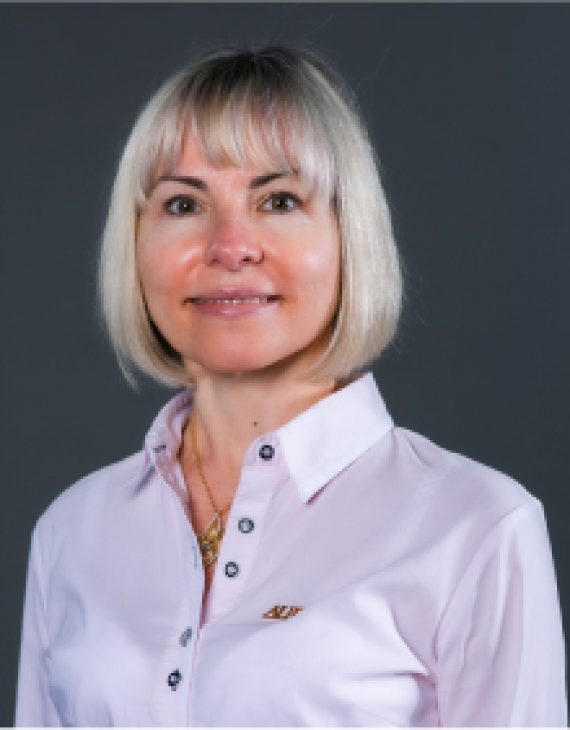Bachelor of Arts in Media and Mass Communication – Public Relations (Arabic)
- Overview
- Program Structure
- Accreditations
- Faculty
- Admission
-
Duration
4 Years
-
Classes
Weekday Weekend
-
Fees
Tuition (One Semester) ……… Approx. 22,000 AED
One academic year is two semesters
Admission (One Time) ……… 3,000 AED
About Specialization
- Provide the United Arab Emirates, Gulf countries and the Arab region with public relations specialists and practitioners for the purpose of contributing in the development of the public relation sector.
- Enrich the industry with graduates who are able to adapt and understand the public relation sector.
- Allow graduates to interact with practitioners and community professionals to preserve and develop the nation, and its public and private sectors.
- Strengthen the relation with relevant entities to recognize the required needs from graduates and to conduct research and consulting.
- Continuously communicate and collaborate with external stakeholders from the industry to assess the quality of the program in order to ensure its compatibility with the present needs and future changes.
Program Learning Outcomes
- Explain the of role of public relations in governmental and private organizations.
- Summarize the concepts of Humanities in public relations.
- Apply the Public relations strategies in the field of media and mass communication.
- Implement the promotional and marketing campaigns for Public relations purposes.
- Use the Scientific research results to find innovative solutions in public relations.
- Arrange using the modern techniques within the digital communication in promotional campaigns and mass communication methods.
- Achieve professional and Managerial Ethics at the organization.
Preparatory Courses
Prior to their enrollment in the program, students applying for Bachelor of Arts in Media and Mass Communication must sit for the placement test related to the program, failure to successfully passing the placement test, they are required to enroll in the following courses:
#
1
2
Course Code
CIT 90
ARA 90
Courses
Computer Preparatory
Arabic Preparatory
Credit Hours
0
0
Exemption Condition
Passing the Placement Test
Passing the Placement Test
Program Structure
Course Category
General Education Courses
Core Courses
Specialization Courses
Specialization Electives
Free Electives
Total
Total Number of Courses
18
9
12
3
2
42 Courses
Total Number of Credit Hours
54
27
30
9
6
126 Credit Hours
- General Education Courses
- Core Courses
- Specialization
- Specialization Electives
- Free Electives
A: University Core Requirements
The student selects 6 credit hours (2 courses) from the list below:
B: Languages and Communication Studies
The student must select 9 credit hours (3 courses) from the list below.
Students must take all of the following courses:
Students must take one of the following Arabic Language courses:
C: The Natural sciences or Mathematics
The student must select 6 credit hours (2 courses) from the list below:
D: The Social or Behavioral Sciences
The student must select 3 credit hours (1 course) from the list below:
E: The Humanities or Arts
The student must select 3 credit hours (1 course) from the list below:
F: Islamic Studies
The student must select 3 credit hours (1 course) from the list below
G: UAE Studies
The student must select 3 credit hours (1 course) from the list below.
This course is a fully developed introduction to the fundamentals of the theories that define the communication discipline and professions. This being journalism, public relations, multimedia productions, and organizational communications. Covering the main questions and theories emphasizing the emergence of mass communication in the UAE and the Gulf States (GCC) at large.
This course introduces the students to the history of means of communication in the UAE and its evolution as it provides them with the basic knowledge needed to understand the media and cultural roles of communication entities and their organizational structures. Furthermore, the course helps the students acquire and develop the skills to understand and analyze the structure of press, radio and television organizations and the Emirates News Agency (WAM), in addition to the freedom of speech, legal frameworks and media legislation that determine the course of professional practice of old and new media. The course also provides the students with site visits to the headquarters of newspapers and broadcasting stations
Focuses on crisis management communication, the significance of crisis management in the age of digital and interactive media, crisis management stages and processes, crisis management team. Considerable attention will be placed on: Crisis communication preparation, developing a crisis management plan, crisis response strategies and role of social media during crisis.
This course aims to provide the students with scientific knowledge about the methodologies for scientific research used in media and communication sciences, public relations, advertising, and recent trends in the scientific method. The course primarily focuses on the field, descriptive and analytical research, content analysis, polls, case studies, focus groups, practical application of the steps of scientific research and the development of applied research in the PR field.
This course provides the students with the basic knowledge base of public opinion and propaganda. Covering the discourse of Public knowledge, public policies and diplomacy. The main skills attained will enclose negotiation, critical analysis and knowledge in the public domain. Principally, the major components are the political and social aspect of public opinion and propaganda.
This middle level undergraduate course focuses on the study and the analysis of the principles of communication in organizations. It will provide an understanding of the tools of organizational communication along with development of the skills, knowledge, and values needed for success. The course will emphasize the application of theories and approaches in the organizational setting.
This course seeks to present and view advanced knowledge in media legislation and ethics, and to provide students with critical thinking and objective analysis’ skills to understand and analyze philosophical trends, the concepts and theories which established the ethics of media work in political, economic and social contexts, with a focus on practical applications and case studies that constitute models for professional practices in the world of Public Relations within modern organizations
This course seeks to provide students with knowledge of integrated marketing communications and to identify its various elements, functions and various characteristics. The course also works to provide students with the skills for evaluating the processes and methods of institutions in practicing integrated marketing communications and how to use them according to market requirements making the students well equipped to apply integrated marketing communications’ strategies to promote the organization according to values, professional and ethical standards.
The course provides a historical overview of the origins and evolution of the art of persuasion, and focuses mainly on explaining the models and theories of persuasion most applied in contemporary time for the purpose of providing students with the skills and competencies to apply persuasion strategies, methods and techniques to influence the audience, taking into account ethical values and standards
This course represents an introduction to the study of the public relations program where the student gains knowledge about the origins and development of public relations and its various models. The course allows students to understand the functions of public relations in planning, organizing and evaluating programs and campaigns conducted by public relations in the institution. The course focuses also on traditional means of communication and the Internet or tools of persuasion.
This optional course aims to introduce students to virtual public relations and the digital mechanisms used by public relations practitioners to achieve the institution’s goals, which include building the institution’s mental image and strategies in virtual public relations, creating digital content, maintaining the institution’s active presence on social networks and enhancing the institution’s interaction with its audience through promotional campaigns and audience research.
This course is designed to introduce students to concepts and methods of strategic campaign planning, and to improve their knowledge of how strategic communication planning fits within the wider scope of organizational goals. This course is designed to provide students with solid work knowledge and experience in PR campaign practice and improve their overall skills in research, planning, organizing, managing time, and evaluation, as well as communicating with clients and colleagues in written form and in person. This course extends upon the study of public relations, by creating, evaluating, and critiquing public relations campaigns. Students will grow upon skills developed in basics and Principles of Public Relations and Communication to enhance their knowledge of the processes of planning, accomplishing, and evaluating strategic campaigns.
The course aims to teach students the fundamentals of public relations strategies and enrich them with the knowledge and skills necessary to understand and analyze strategic communication in organizations and public relations departments. Also, students will learn how to build strategies according to the established theories and professional ethics. The course will provide students with the skills needed to make appropriate decisions to manage organizations and public relations entities. It will also teach them how to deal with audiences and stakeholders.This course will introduce students to various incident response and disaster recovery tools and techniques. Topics covered include: the development and implementation of incident response, business continuity and disaster recovery plans and traffic analysis.The course focuses on Vulnerability, Cost and Benefit Analysis, Response Planning, Management Audit Techniques and further analysis.
Writing in public relations is designed to provide students with diverse professional strategies of writing in public, relations with a particular focus on communication objectives, techniques, strategies, styles, and mechanics. Building on students’ knowledge of the principles of public relations, the course provides practical, real-world writing experience within different formats for a wide range of audiences. The student’s critical thinking and writing skill are predicted to improve over their study.
A practical applied course that works on providing the student with knowledge and skills related to the basic framework for the preparation, design and production of printed, audio and visual media materials for the purposes of public relations for the organization, and to communicate with the public as well as building the organization’s reputation and mental image. The course also includes the foundations of preparing and designing publications and other public relations’ materials such as posters and brochures, magazines, newsletters, fold-outs, business cards, radio and television materials, advertisements and promotional gifts using modern technologies in preparation, design and production.
The course is designed to equip students with knowledge and skills related to the concept of social marketing and the distinction between it and commercial marketing, social marketing models and theories, social marketing and building the mental image of the organization through social marketing programs that promote the organization’s social values and practices, and the importance of social marketing in the Internet age, in order to qualify them for planning and implementing marketing campaigns.
This course provides students with an overview of international public relations through theories and models explaining international public relations, as well as planning based on scientific research, studying the effects of media and communication in international public relations, and discussing public relations experiences in this field such as America, Europe, Africa and the Middle East.
Pre-Internship is designed for students seeking an internship. The course will prepare students to successfully plan their internship by researching and identifying potential internship opportunities, creating professional resume and letter of introduction, developing interviewing and networking skills as well as a portfolio per industry requirements. Students will go through different learning modules including experiences, team work skills, communication skills, leadership skills, problem solving, self-management and professionalism to be able to make the most of their internship.
This course is provided to College of Media and Mass Communication’s students who completed 90 credit hours in the PR field under written agreements between the American University in the Emirates and potential training places in the UAE. The course serves as a continuous seminar that includes the professor, the student and the labor market. The student shall submit a comprehensive report to the respective supervisor on the experience acquired from the training and its importance to his/her future career at the end of the course.
The pre-capstone course is designed to prepare the students for the preproduction planning and processes for public relation projects and campaigns. The students will follow certain steps in the production process while identifying and presenting their idea, concept, and methodology. The students will have comprehensive knowledge about writing the capstone proposals, reports, presentations, and designing the ideas for the different PR campaigns.
Media and Mass Communication students are expected to complete a three credit hour course on the Graduation Project. To be graduated, students must demonstrate that they have developed capability and proficiency in the core knowledge of their specialization and can show capability in learning aptitudes in the four specializations. It will be a challenging and thorough adventure however the reward for undertaking a significant experience is enormous and will without a doubt give AUE graduates a capable begin in vocation they may pick. Moreover, English dialect and innovation capability should likewise be illustrated. The Capstone is ought to be as field based contextual analyses. The Capstone Graduation Project is intended to give students a helpful working comprehension of the requirements and desires expected to move on from AUE.
This course introduces students to the basic concepts and principles of protocol arts and etiquette, and the rules governing meetings, conferences, diplomatic occasions and specific precedents. The course focuses in detail on providing students with the basic skills to implement protocol and etiquette.
The technically-oriented course aims to teach the students digital photography skills and techniques through theoretical and practical training. The theoretical training helps students understand the definition of the photograph and how it’s created, in addition to learning the difference between traditional and digital photography. The practical training teaches the students how to use traditional and digital cameras and introduces them to the photo production process and computer software used to edit digital photos and print them for media and PR purposes.
The course aims to provide students with skills in applying the knowledge, models, theories and strategies of public relations in their practical and applied field of work after graduation, through case studies in public relations in the local framework in the UAE with global approaches for the purposes of self-development and with the aim of identifying the reality of the practice of public relations and how to deal with different issues in terms of applications and practice.
The course includes various topics according to students’ interests and the emergence of new topics in the field of public relations that may appear in that field. The topics that may be included in the course, such as: modern communication technology and its impact on public relations and the media, the media and its role in business, and building its mental image. Social marketing and social responsibility for public relations in the organization. Applied public relations and many other topics.
Students must choose (2 courses / 06 credit hours) from different college/program.
Recommended Study Plan
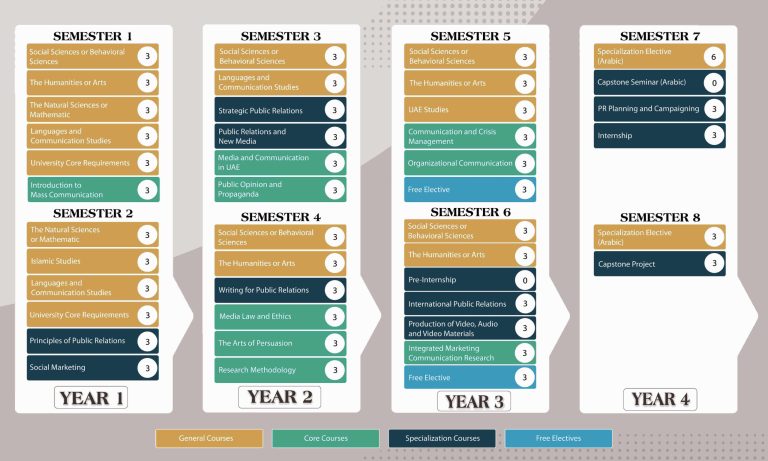
Accreditations
The American University in the Emirates is licensed by the UAE Ministry of Education – Commission for Academic Accreditation | caa.ae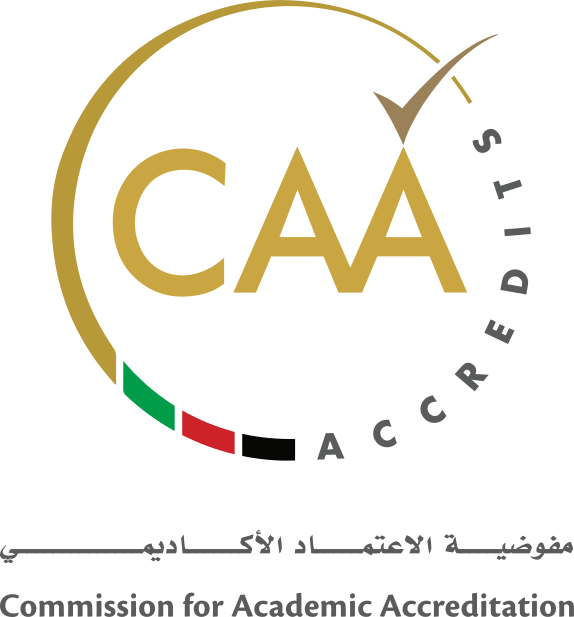
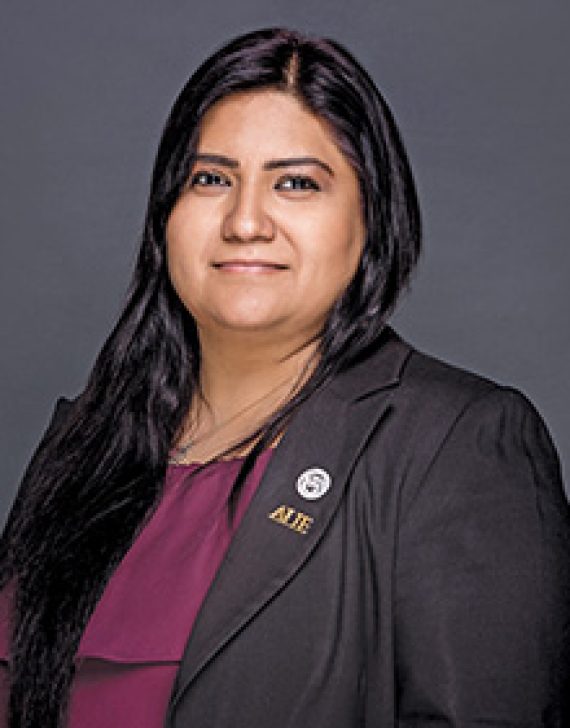
Prof. Asma Salman
Professor / Dean

Prof. Munther-Momany
Professor / Program Director - Master of Business Administration
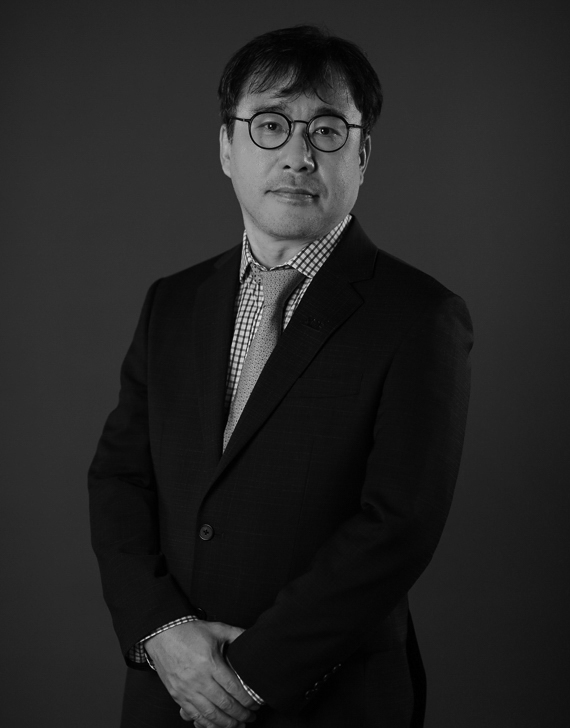
Prof. Sung IL Hong
Assistant Professor / Program Director - Master of Sports Management
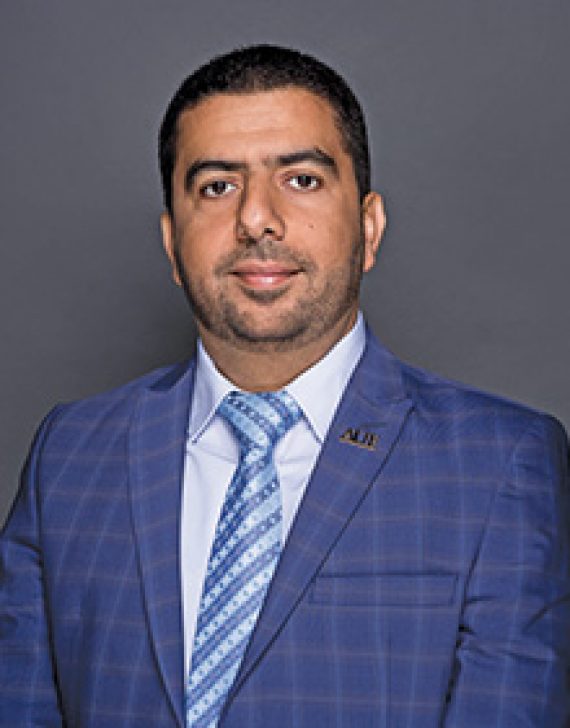
Dr. Azzam Hannon
Associate Professor / Department Chair of Accounting and Finance
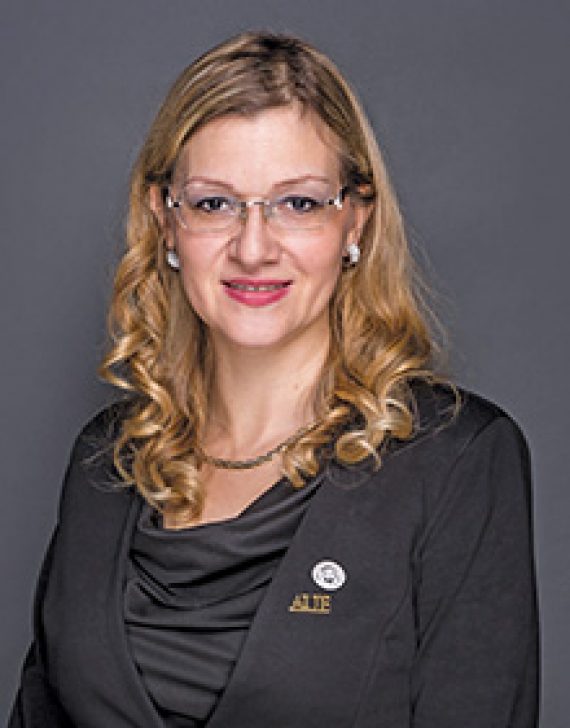
Dr. Nikolina-Ljepava
Assistant Professor / Department Chair of Management
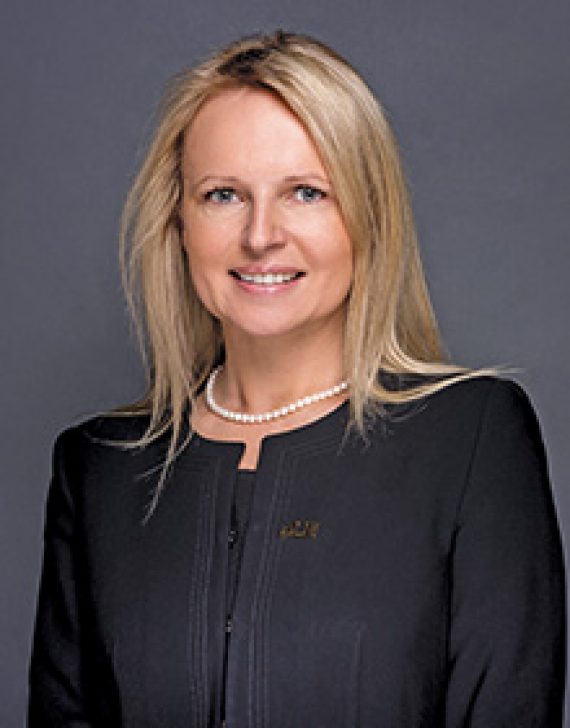
Dr. Edyta Skibińska
Assistant Professor / Specialization Coordinator - Hospital and Healthcare Management
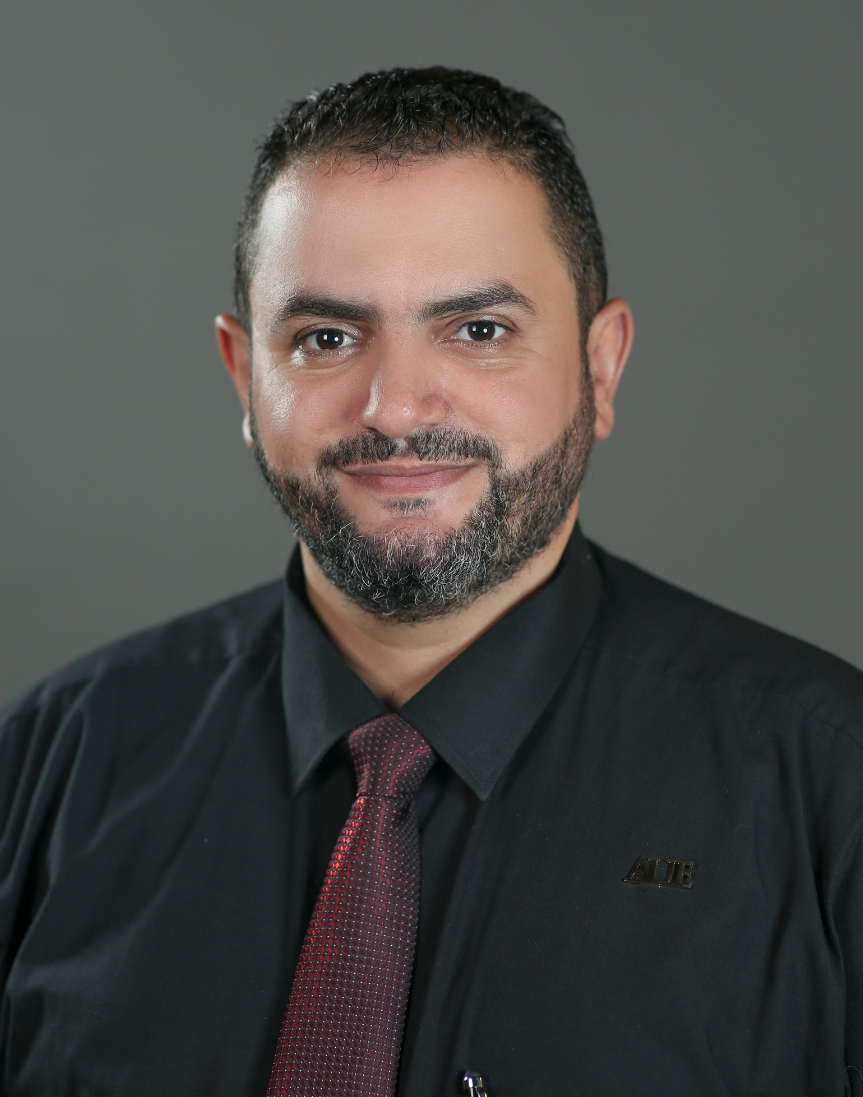
Dr. Mohammad Alsmairat
Assistant Professor / Specialization Coordinator - Logistics and Supply Chain Management
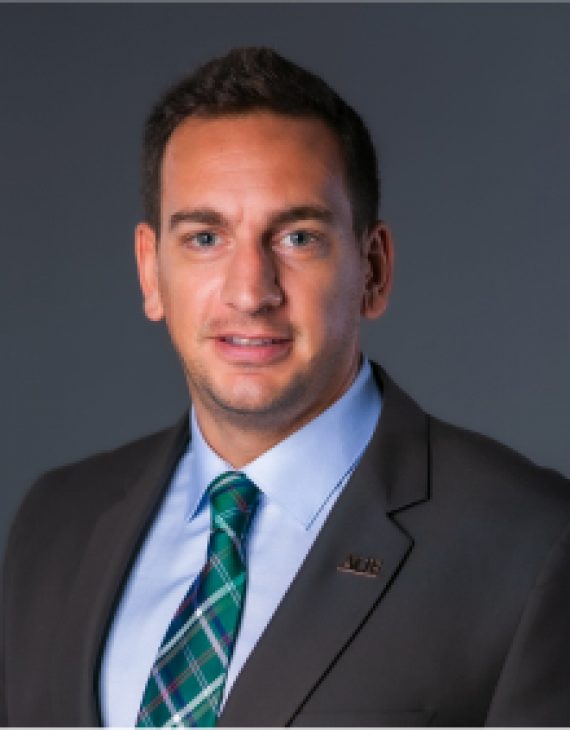
Dr. Riad-Al-Chami
Assistant Professor / Specialization Coordinator - E-commerce and Marketing
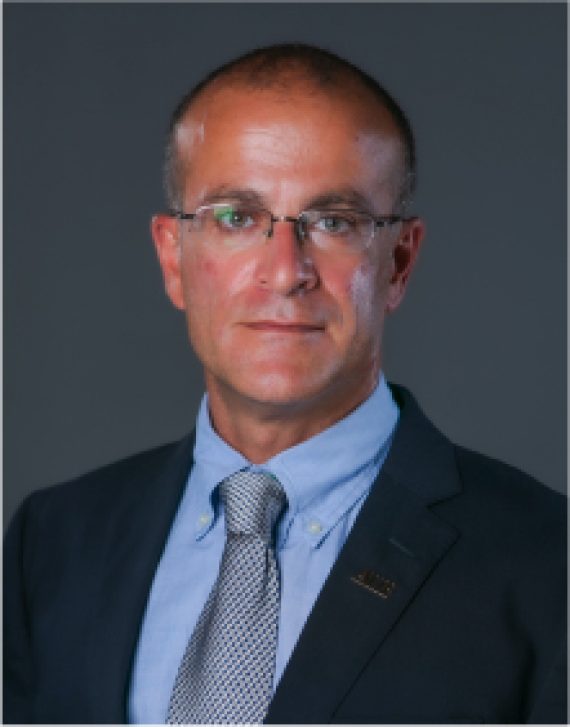
Dr. Samer Kobrossy
Assistant Professor / Specialization Coordinator - Business Management
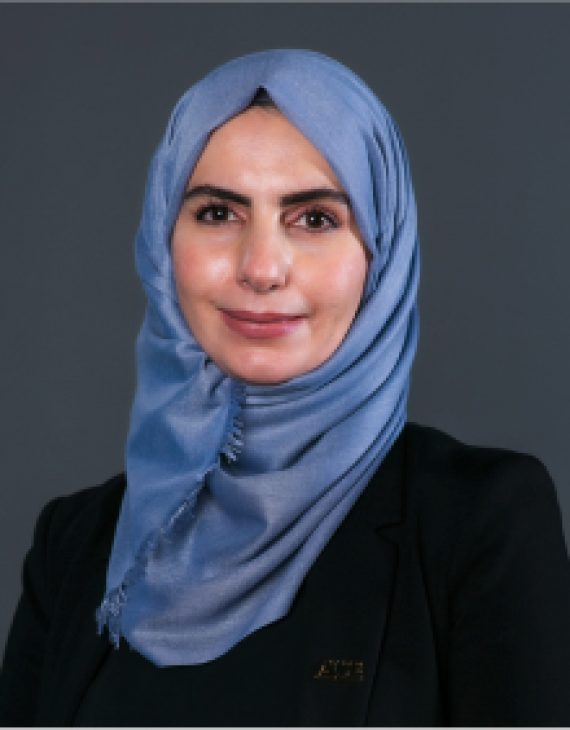
Dr. Tamara Mohammad
Assistant Professor / Specialization Coordinator - Human Resource Management
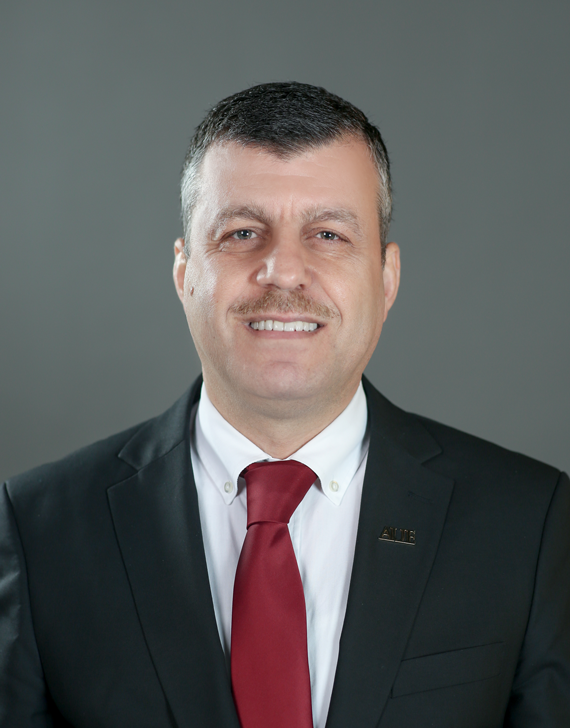
Dr. Alaa Mushtaha
Assistant Professor / Director of Innovation & Lifelong Learning (RYADA)
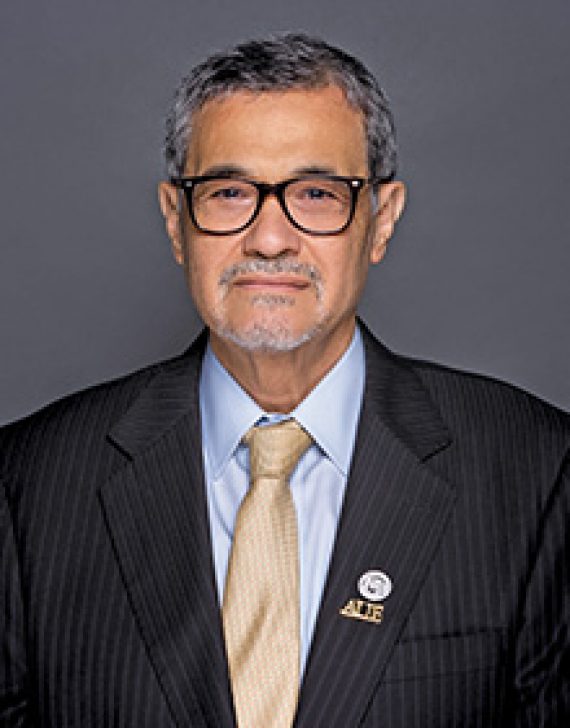
Prof. Salaheddin Abosedra
Professor
Graduation Requirements
For graduate degree completion, graduate students must satisfy the following requirements:
- Earn a minimum CGPA of 2.00 on a scale of 4.00.
- Successfully complete all courses as described in the study plan.
- The Degree Completion requirements must be met within the timeframe of the program.
- Transfer students must successfully earn a minimum of 50% of the course credits for the program at AUE.
Joining the Program
- Fall Semester
-
September
-
Spring Semester
- January
- Summer Semester
- May
